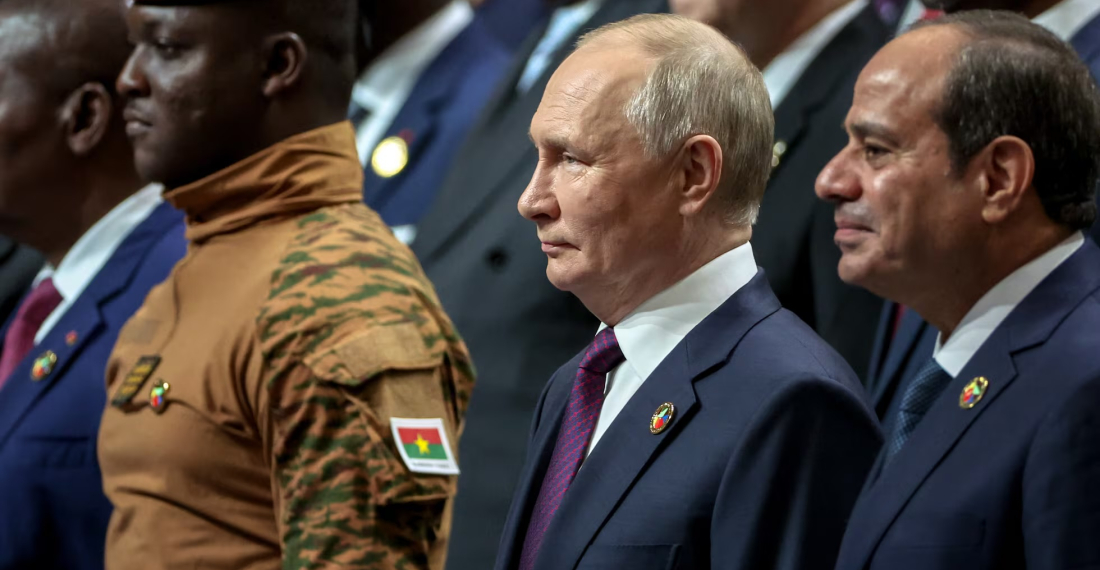According to a recent report released this month by the Timbuktu Institute titled Russian Repositioning in the Sahel – From Wagner to Africa Corps, Russia has formally shifted its military presence in the Sahel from the private Wagner Group to a state-controlled paramilitary force known as the Africa Corps. The report concludes that this marks a strategic effort by Moscow to expand its influence in Mali, Burkina Faso, and Niger, three junta-led nations forming the Alliance of Sahel States.
Russia's Africa Corps, managed directly by the Defense Ministry, has taken over functions previously handled by Wagner in Mali. The transfer followed Wagner’s withdrawal on 6 June 2025 and reflects a broader Kremlin plan to formalise and centralise its African operations. With Western influence retreating, regional juntas are increasingly reliant on Russia for security support. The African Corps now handles military cooperation, training, and security operations in Mali, working alongside national forces in joint command posts. The force is equipped with advanced hardware, including armoured vehicles, artillery systems, and refurbished air assets, and benefits from continuity: 70–80 per cent of its personnel are former Wagner fighters.
The Timbuktu Institute report highlights a four‑pillar strategy guiding Russian policy: protecting military regimes, securing access to natural resources (notably gold and uranium), building long-term infrastructure partnerships, and undermining traditional Western influence in the Sahel.
While Russia may be viewed more favourably by some African countries due to its non-colonial past on the continent, growing reliance on Moscow raises concerns about national sovereignty, sustained political influence, and the risk of resource exploitation in the absence of transparency and accountability. It is expected that Western governments, international observers, and human-rights groups will closely monitor Africa Corps’s operations, especially given previous allegations of abuse and war crimes linked to Wagner personnel in the region.
Source: commonspace.eu with Africa News and other agencies.






